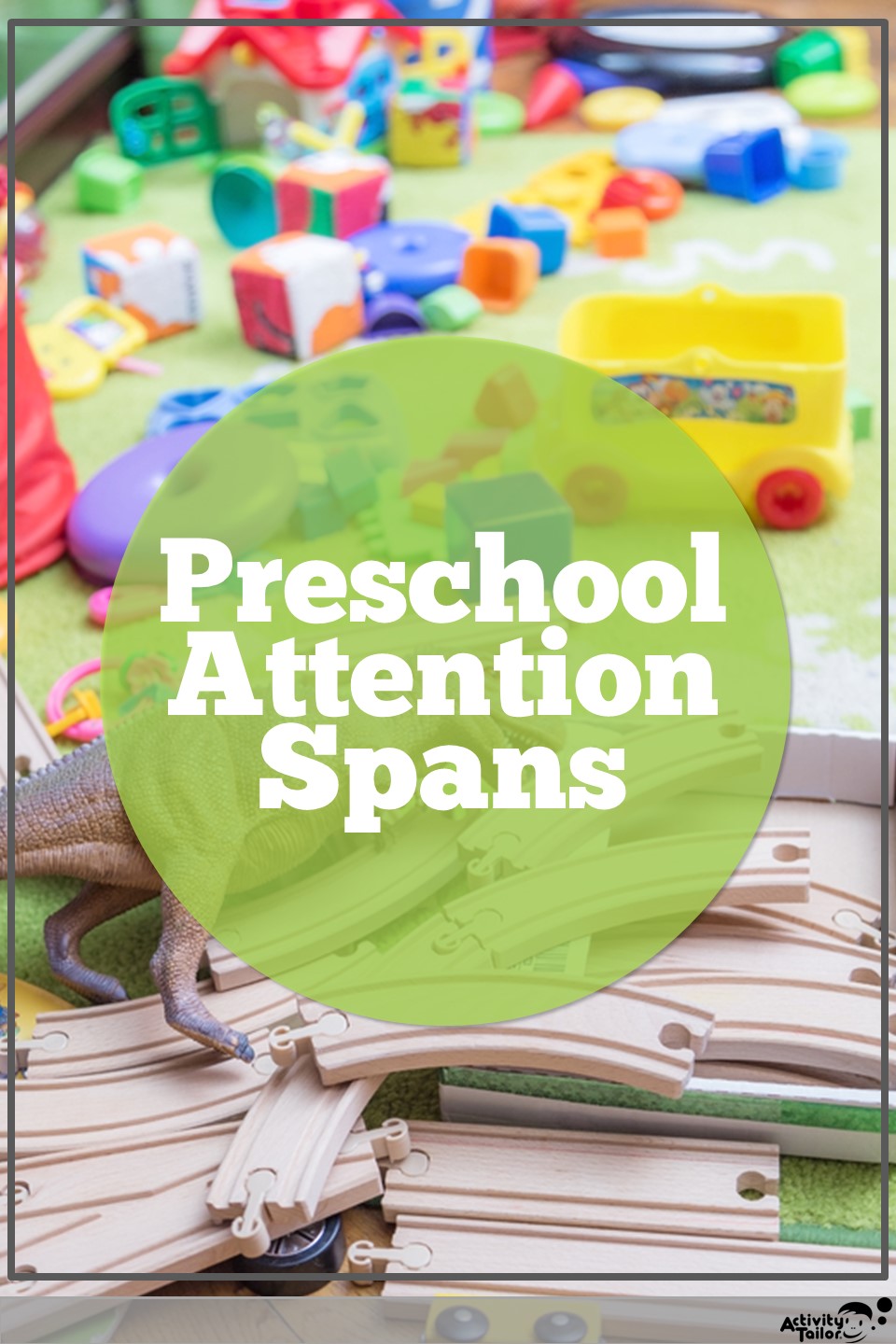As a pediatric SLP, you understand the importance of caregivers following through with speech therapy homework with their children. The new year is a great chance to encourage the families you serve to recommit to this crucial practice! Ensure that your clients continue to make progress and reach their goals by using these 6 easy strategies to help caregivers make speech homework a habit this year!

Support Caregivers as They Make Speech Homework a Habit
1. Reinforce the Importance of Consistency
The beginning of the year is the perfect time to remind parents that progress in speech therapy goes far beyond weekly therapy sessions.
Educate parents on their child’s specific weaknesses and treatment goals. Be sure they know how homework activities support their child’s long-term improvement. Also, explain that consistently practicing skills at home is a KEY piece of how quickly they make progress. Speech homework leads to mastery!
Use this done-for-you parent handout bundle to easily explain speech sound disorders to families. Includes a handout on making homework a habit and how to keep kids motivated.
When caregivers are educated about the benefits of speech homework, they’re much more likely to stay committed to making speech homework a habit!

2. Attach New Habits to Old Routines
Another important way to make speech homework a habit is to encourage caregivers to incorporate practice into their current daily routines.
There’s no need for parents to rearrange their entire day or evening schedule to fit in speech homework. Suggest they add the homework you assign to existing activities like mealtime, wait times before extracurricular activities, or bedtime.
Encourage caregivers to think about times when it just “makes sense” and start there!
For example, for a child working on identifying common objects, a family can target this skill during storytime by pointing to named pictures in books before the child goes to bed.
For another child who is working on expanding language skills by identifying similarities and differences or categorizing, families can discuss these attributes easily during mealtimes or when preparing for soccer practice.
- Kitchen utensils: spoons, knives, forks, spatula
- Soccer gear: shin guards, soccer ball, uniform, cleats
- Soccer is different from football because you can’t use your hands, you wear shin guards, you don’t wear a helmet
This approach not only ensures regular practice but also helps the homework be less likely to be forgotten!
For parents who express difficulties making speech homework a habit, recommend they listen to Atomic Habits: An Easy & Proven Way to Build Good Habits & Break Bad Ones by James Clear on Audible. This book is so helpful for shifting mindsets!
As an Amazon affiliate, I may receive a small commission when you use the links in my post. There is no increase in the price you pay!
3. Give Motivating Homework
The next thing you can do to help caregivers with homework is to give homework that’s motivating. Everyone knows– kids are so much more likely to do something that they care about and enjoy!

By providing homework that is fun for children, you’re helping to ease the burden on parents and decrease their stress about completing more homework.
Consider using games, interactive apps, or movement activities for speech homework. You can customize homework by modifying activities based on each child’s interests.
Think about incorporating these favorites:
- Superheroes
- Sports
- Princesses
- Holidays
- Trendy songs
- Popular television characters
These single-player games are a great option for motivating children to complete their speech homework!
When homework sessions feel enjoyable for children, parents will be more eager to participate and initiate practice consistently!
4. Set Realistic Goals
Not only should homework be motivating for children, but it should be achievable too! Choose homework that reviews skills you are confident a child can practice; don’t send homework for brand-new skills.
Realistic goals help caregivers stick to the new routine they’re creating.
Share the tips and tricks you use to help the child practice skills during therapy sessions.
Break larger goals into smaller, more manageable pieces. Kids will stay more encouraged and parents will feel less overwhelmed when homework isn’t too difficult. Remind parents that small, consistent progress is vital to long-term success.
5. Track Progress Together with Caregivers
Encourage clients’ caregivers to keep track of their child’s progress. Give them tools like checklists or data sheets to record the improvements their child is making toward their speech and language goals.
For some families, the progress might just be that they worked on homework, and that’s perfectly fine too! They can use a simple chart to mark off each day they complete homework.
Tracking progress will help parents have a tangible understanding of the progress their child is making, and they will be more likely to continue with their commitment to their new homework habit.
Celebrate Families’ Progress Too!
Don’t forget about the progress families are making too. Brag on caregivers as you notice their attempts to work at home. Adults enjoy being celebrated just like kids do!
Consider using a caregiver rubric at the start of therapy so they can monitor their own progress! It’s one of the handouts included in Caregiver Handouts for Back-to-School.
6. Offer Support
Be transparent with families about your willingness to support and guide them through this new routine. Set aside the last few minutes of therapy sessions to answer questions and encourage families to reach out to you throughout the week with any questions they have about homework.
Use your professional email account for back-and-forth communication or download a voice messaging app like Voxer if you have a dedicated work phone. (This is NOT a sponsored or affiliate statement– I just really like this option!)
Letting caregivers know that you are a part of their team and aren’t just a distant, unconnected professional in their child’s life, can make the world of difference in their carryover of completing homework or not!

The New Year is a fantastic time for you to help caregivers recommit to speech homework as they consider their child’s long-term success. You’re able to help parents realize the importance of homework and provide valuable advice for making homework manageable for them. You are the right person for this job!
You may also be interested in reading:
4 Tips for Pediatric SLPs When Talking to Caregivers
Speech Regressions in Toddlers: Why They Happen and How to Help
How to Support Caregivers with Research Strain





